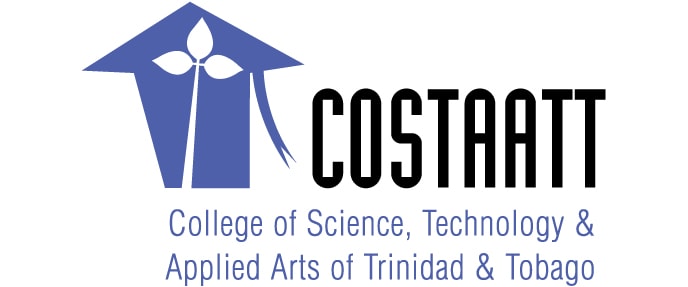Student Rights and Responsibilities
Freedom of Expression
As an academic institution, the College recognises the value of nurturing students’ voice and freedom of expression. In the exercise of this freedom however, students are expected to respect their peers and the faculty and staff at the College by not engaging in speech or behaviour which would be considered offensive.
Freedom of Association
Students are free to organise and join student organisations for the purpose of pursuing or promoting their common interests. All student organisations must comply with institutional policies, procedures and regulations.
The College reserves the right to suspend the freedom of association provision where student organisations violate institutional regulations or national laws.
Equal Opportunity
The College does not discriminate in employment or in the delivery of its programmes and services on the basis of ethnicity, religion, gender, socio-economic status and physical ability. Educational provision for the differently-abled is guided by the stipulations of the College’s disability policy.
Disability Service
The College is committed to providing reasonable accommodations for students who are differently-abled. Students who have disclosed a disability at the point of admissions will be contacted by the Health and Counselling Services Department, if further information is required. In the event that a student registers without disclosure or discovers a disability subsequent to registration, he/she must contact the HCSD for assistance within the first week of classes. The College will make every effort to provide services to students who make disclosures after the first week, but this is not guaranteed.
Right to Privacy
Various departments at the College collect and maintain information about students in order to:
- allow the College, government agencies, research institutions or accrediting organisations to compile statistics, audit or evaluate programmes or plan future educational provision; and
- establish student records in manual and electronic file formats.
COSTAATT’s academic records contain information on the educational history and academic progress of the student. In addition, records may also contain information related to, but not limited to, a student’s employment and medical history. Administrative and teaching personnel of the College whose positions warrant access to these records may be granted access in order to fulfill the responsibilities of their job. Persons other than administrative or teaching personnel are considered to be third parties and as such are restricted from accessing students’ records.
While COSTAATT respects the student’s right to privacy and undertakes not to disclose the information provided by students to unauthorized agencies, the College may be required to disclose elements of a student’s record in the following instances:
- the student has disclosed information which the College is asked to confirm;
- the student is between 16 and 18 and is claimed by his/her parents as a dependant for tax purposes;
- the student is in an emergency situation and it is necessary to protect his/her health or the health and safety of others;
- the student is suspected of fraud against the College;
- the student’s information is requested under the laws of Trinidad and Tobago by legitimate legal authority.
